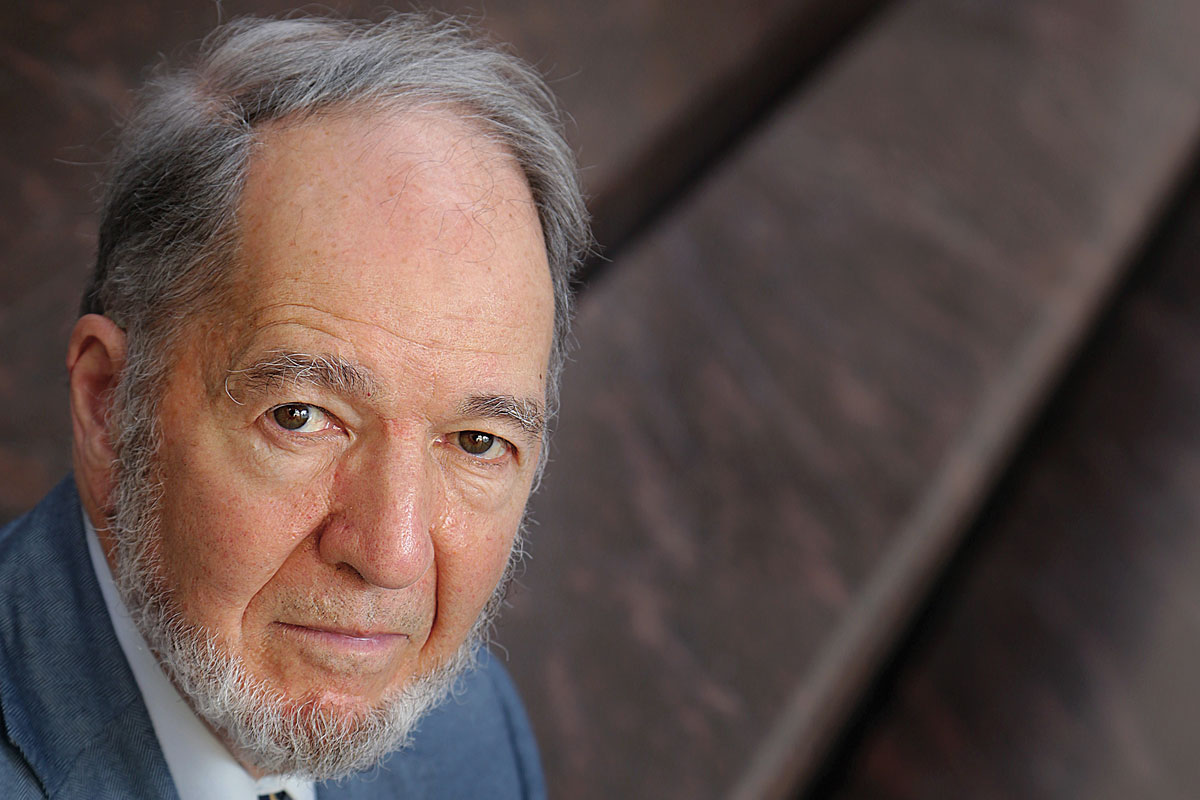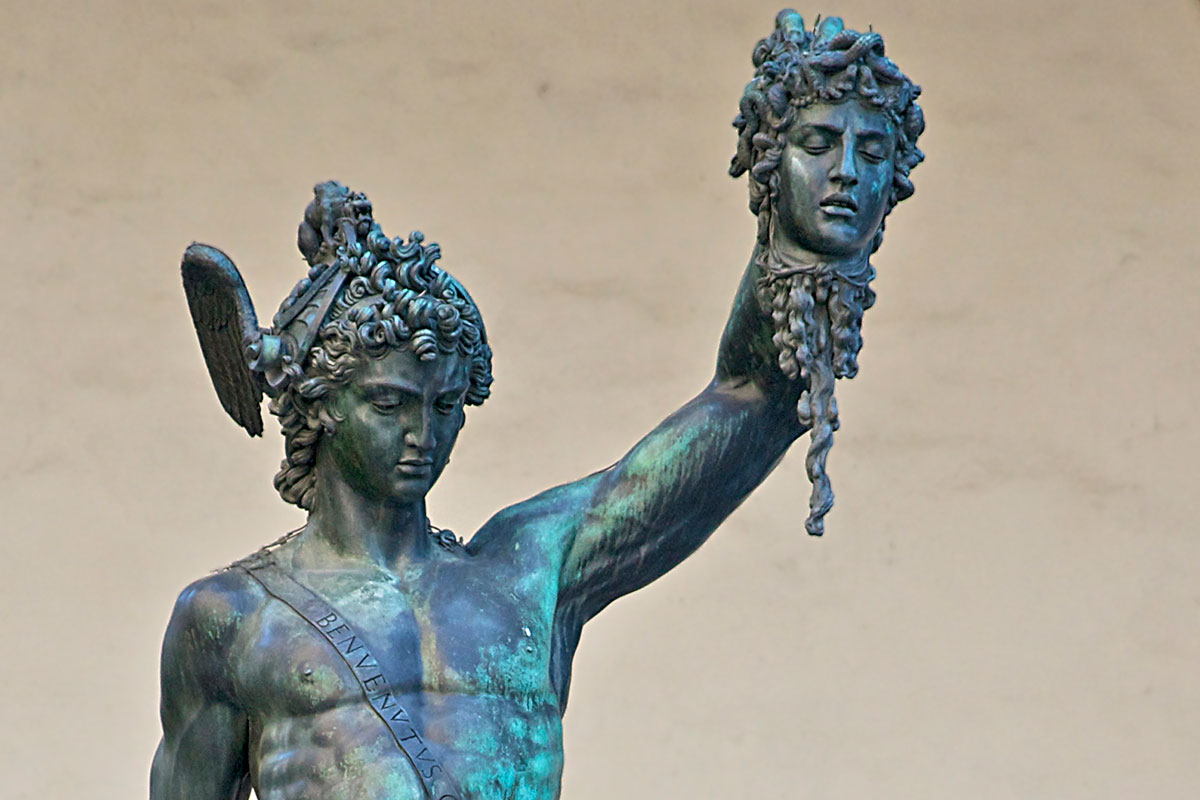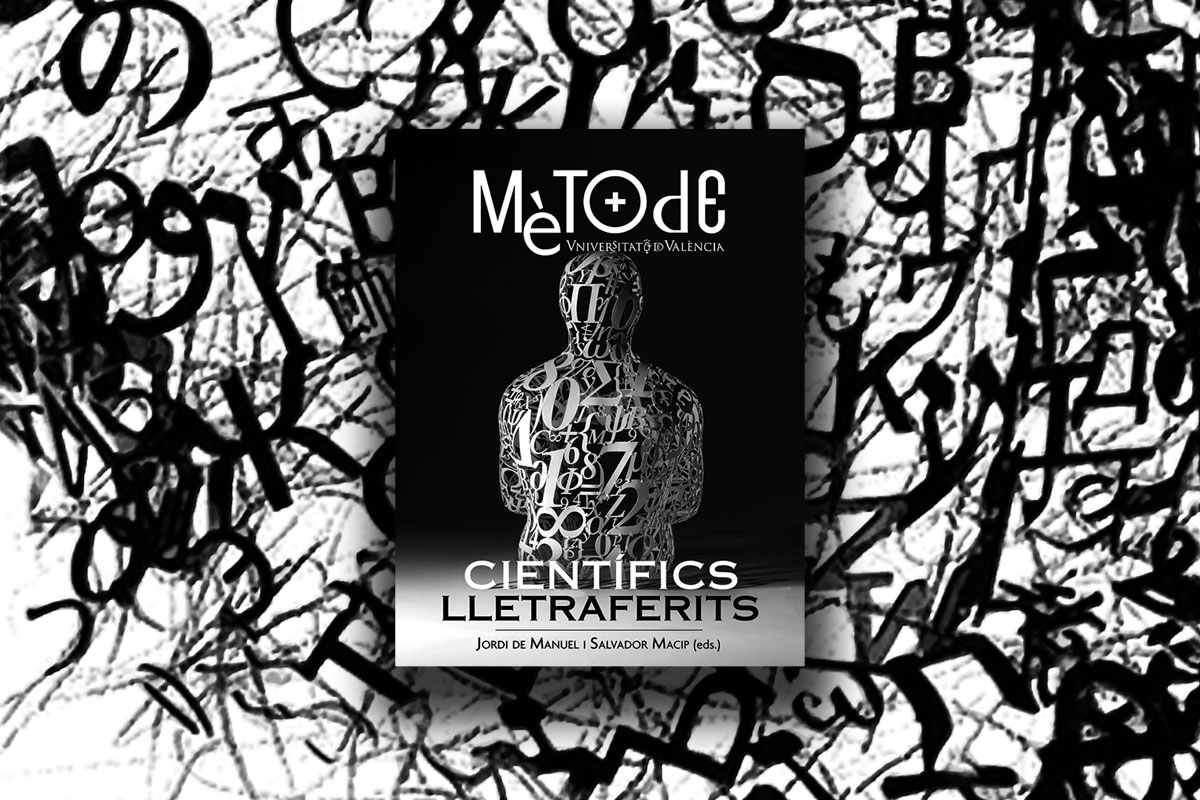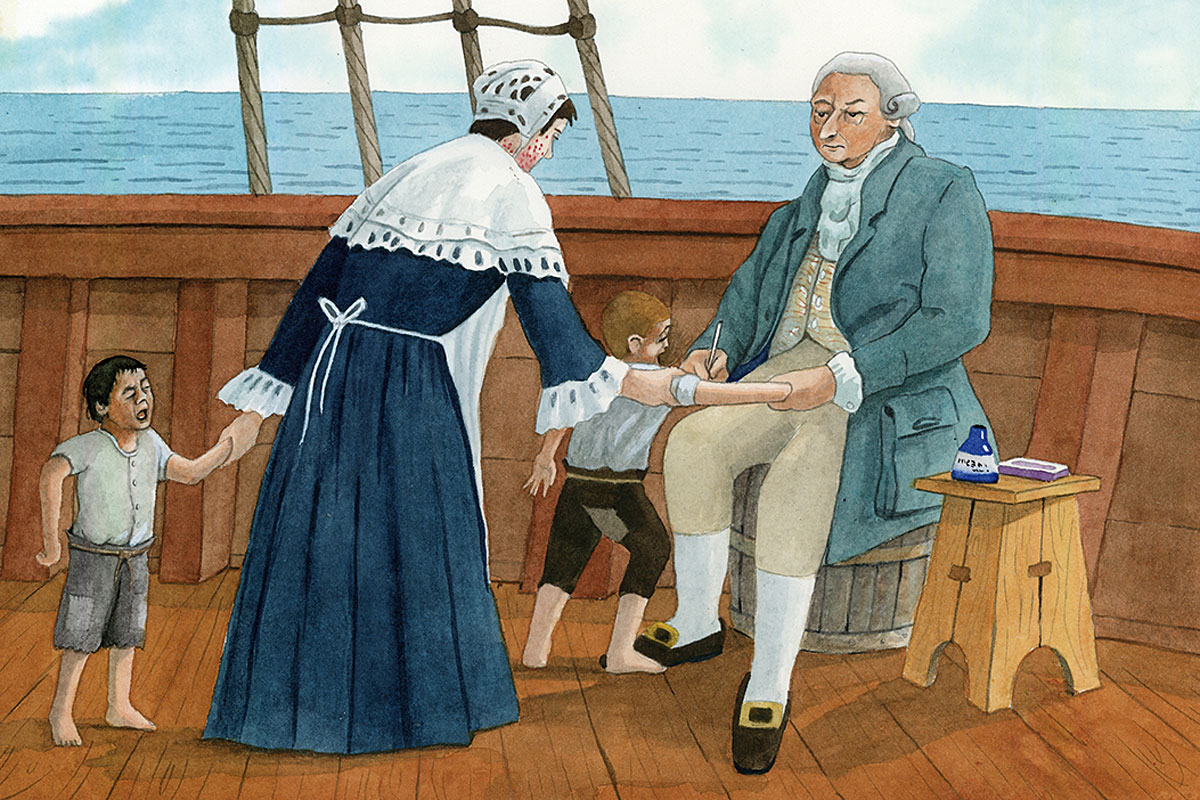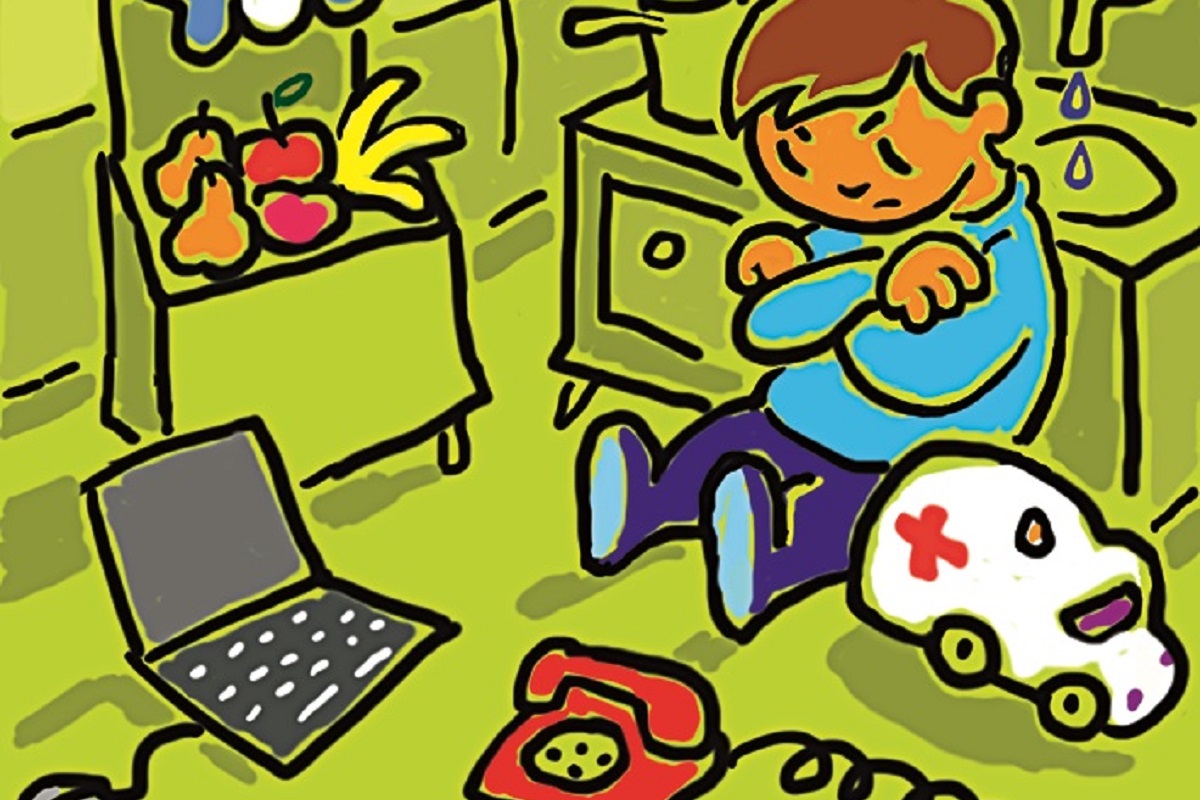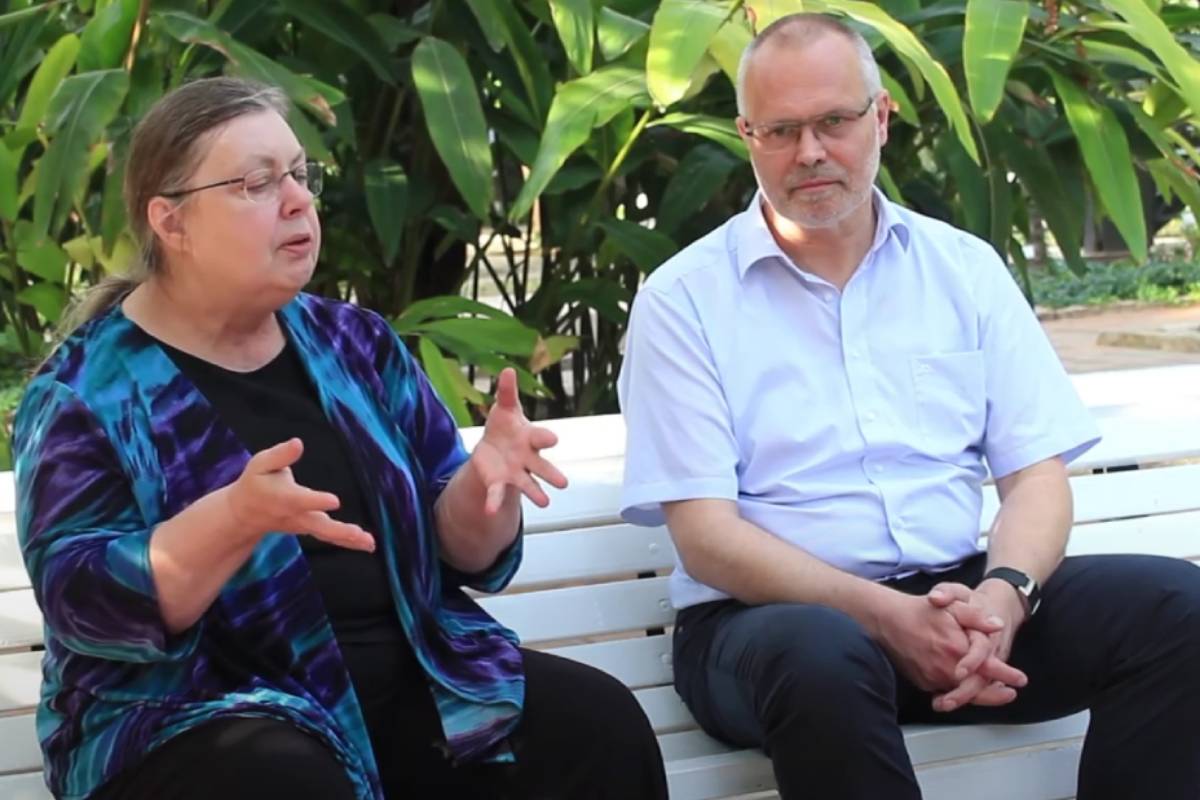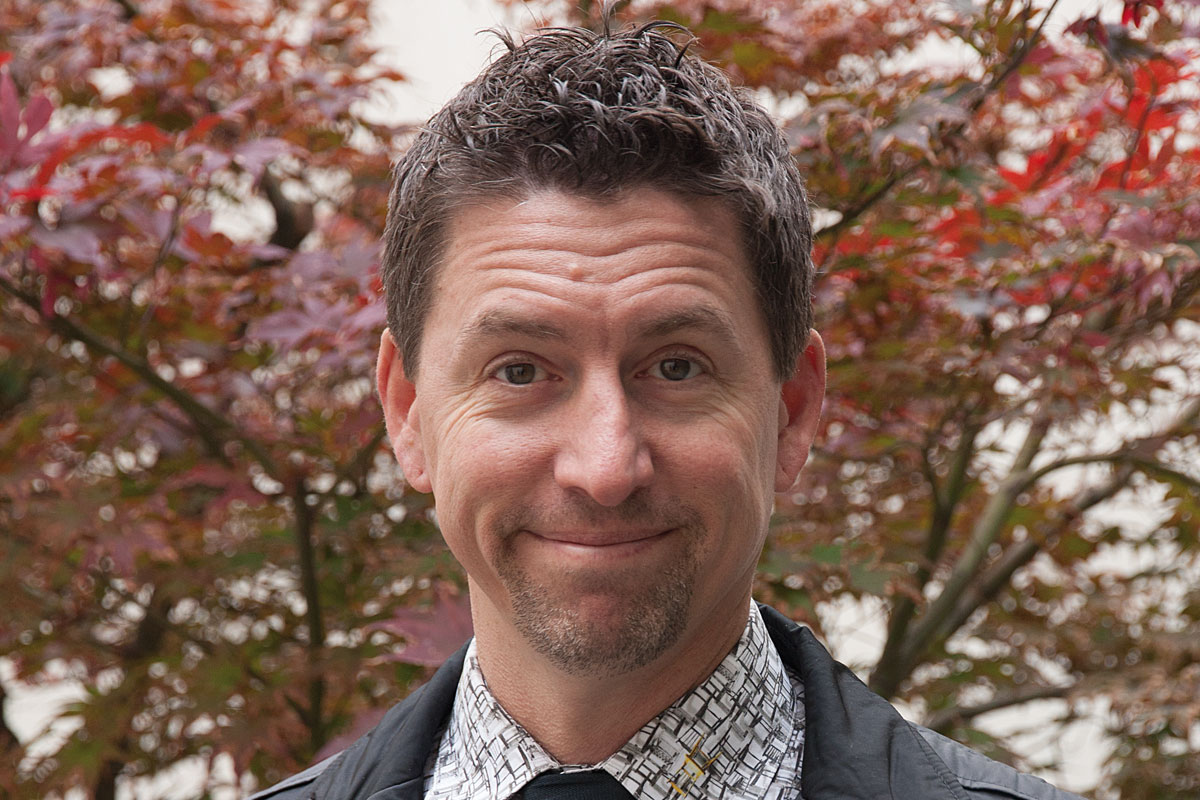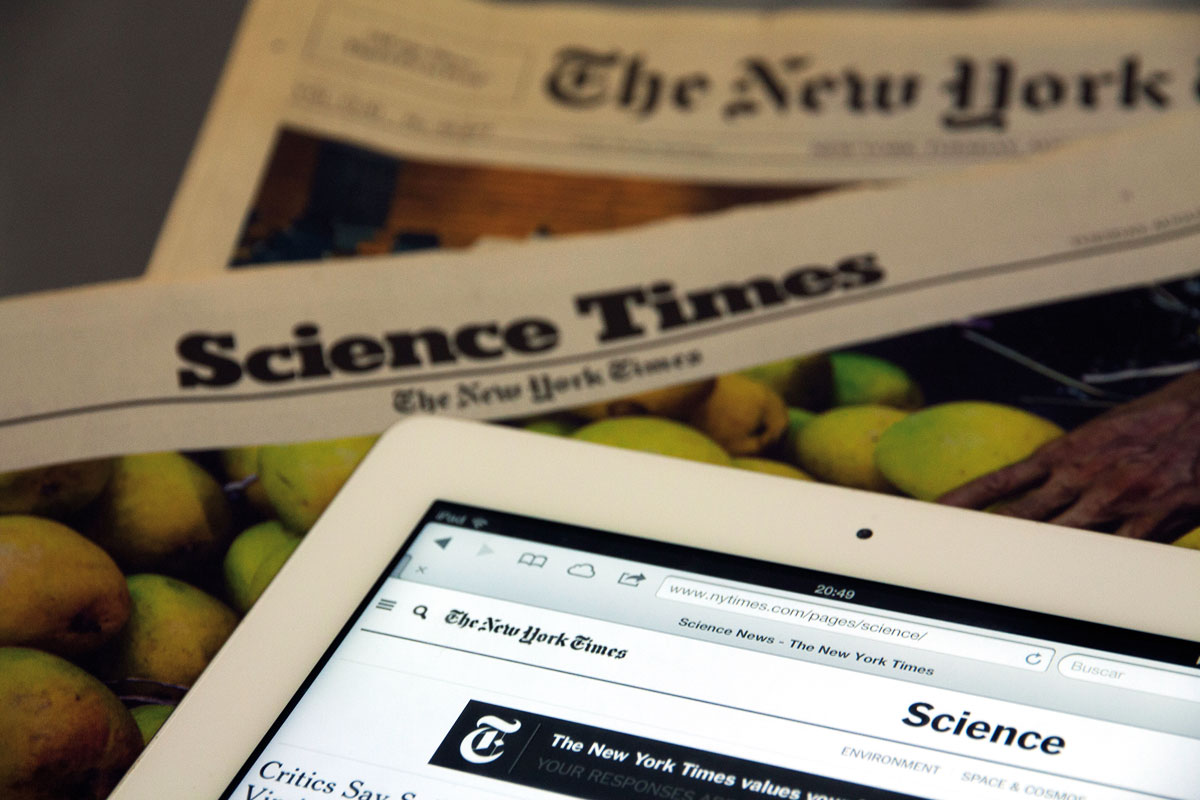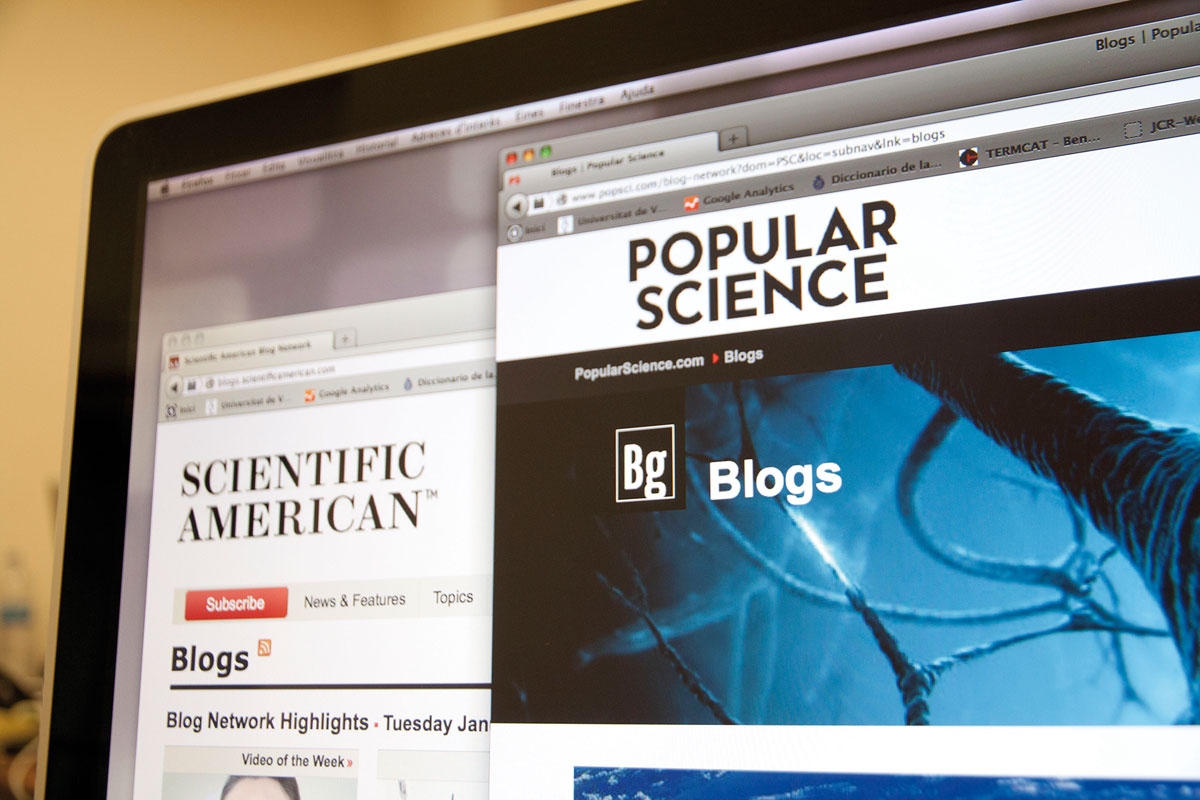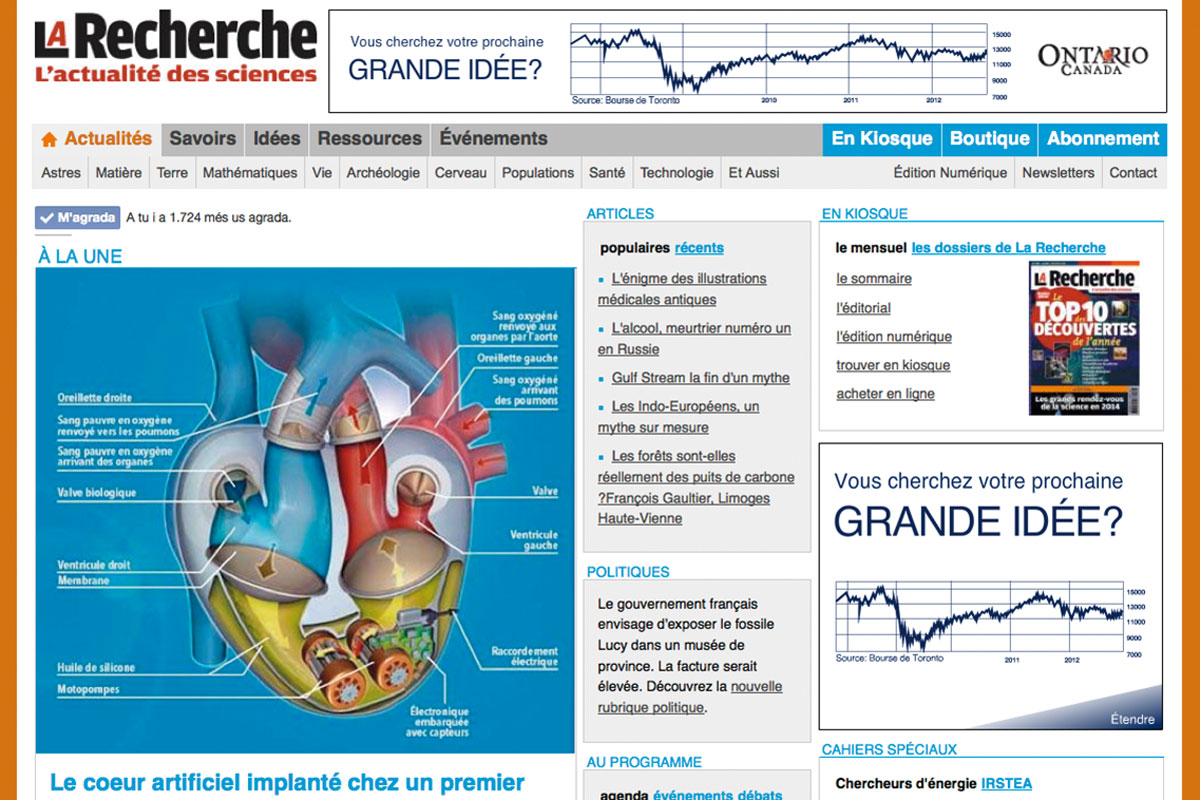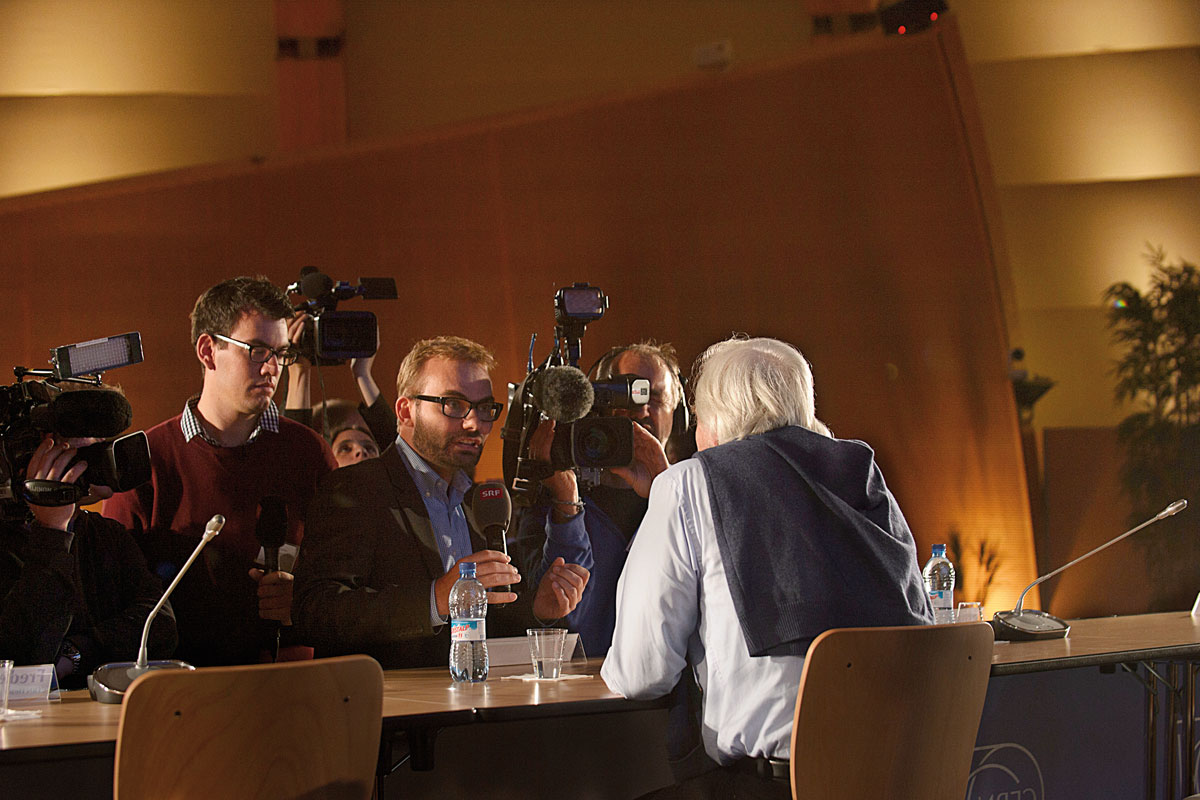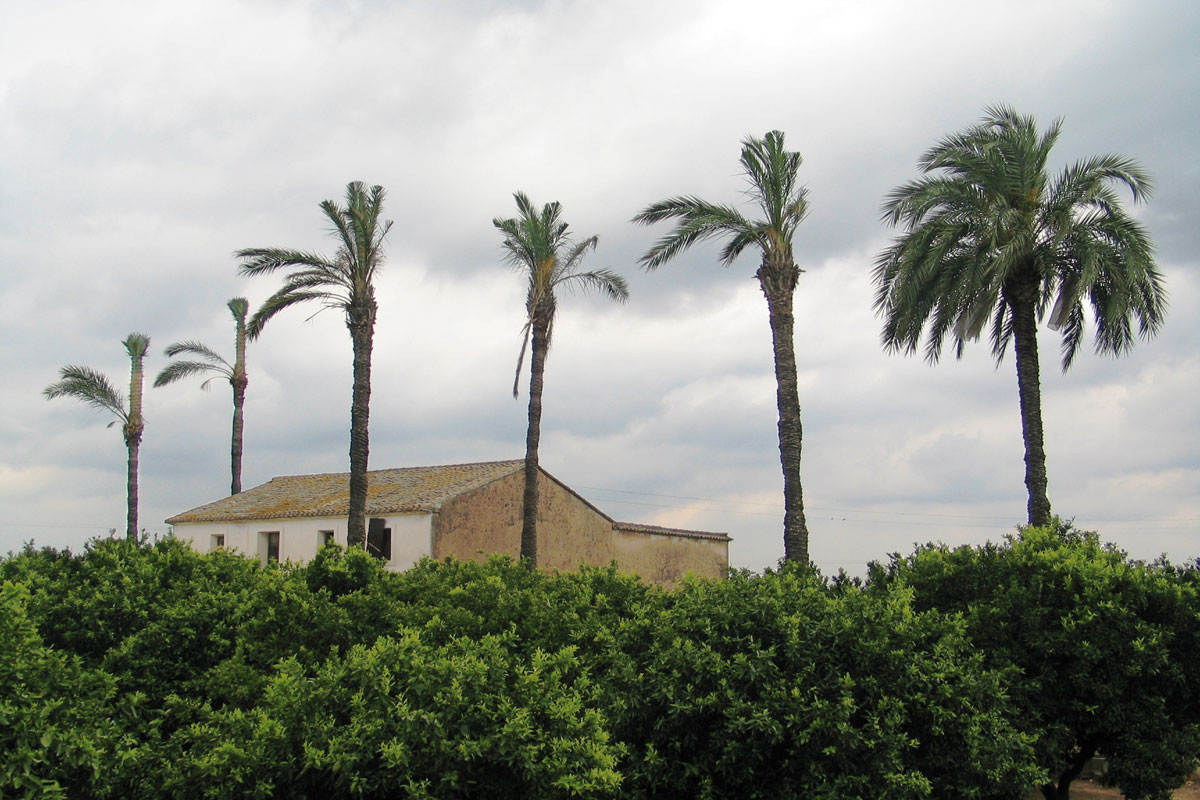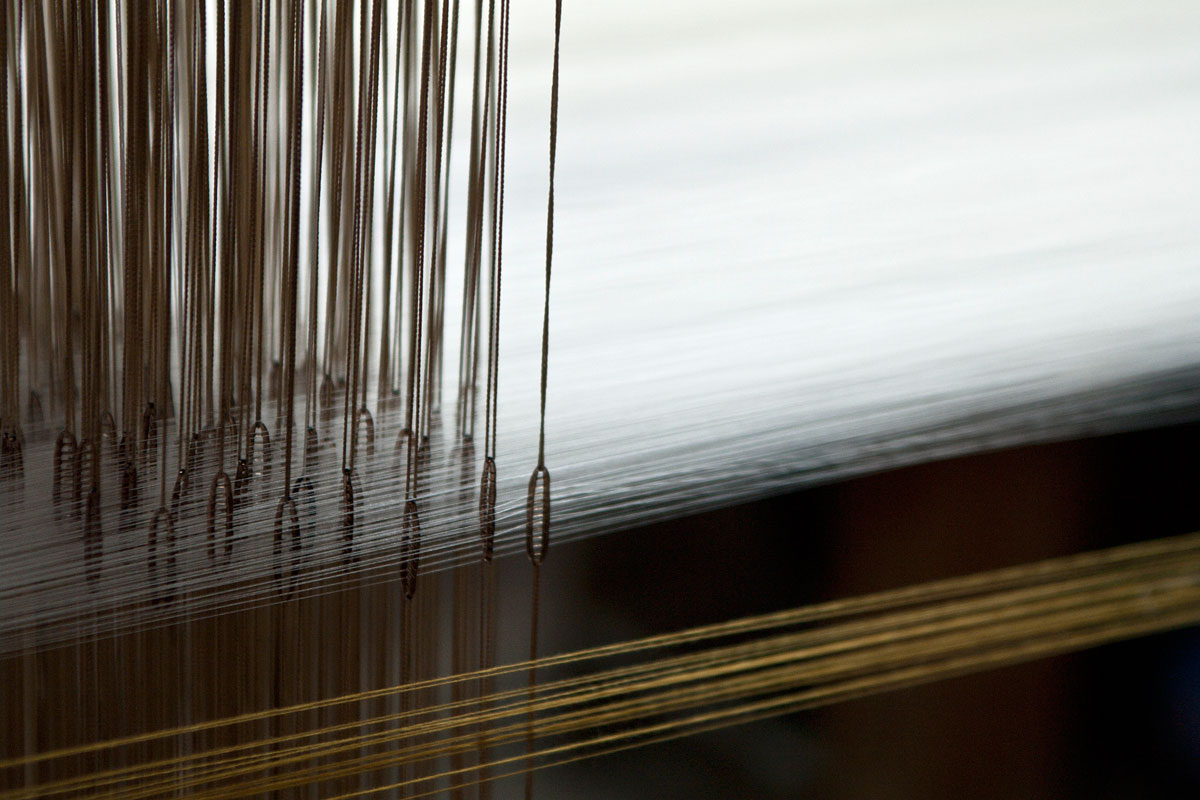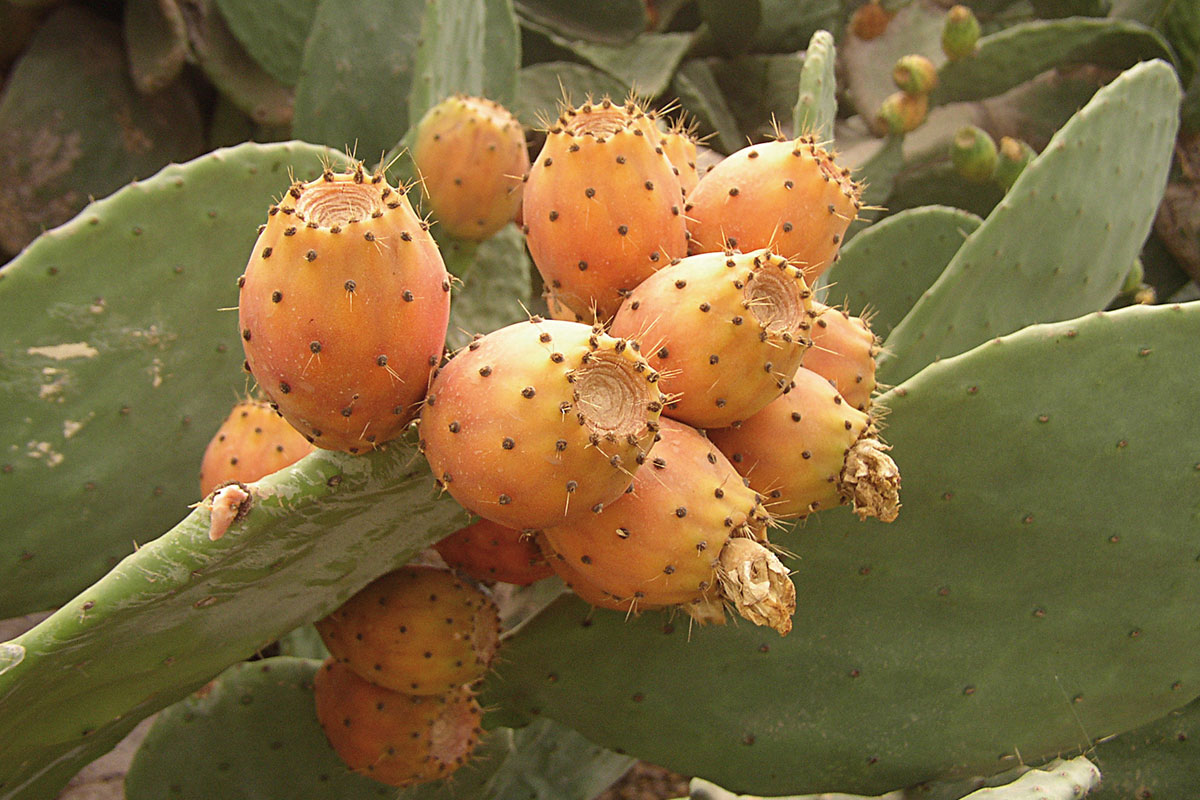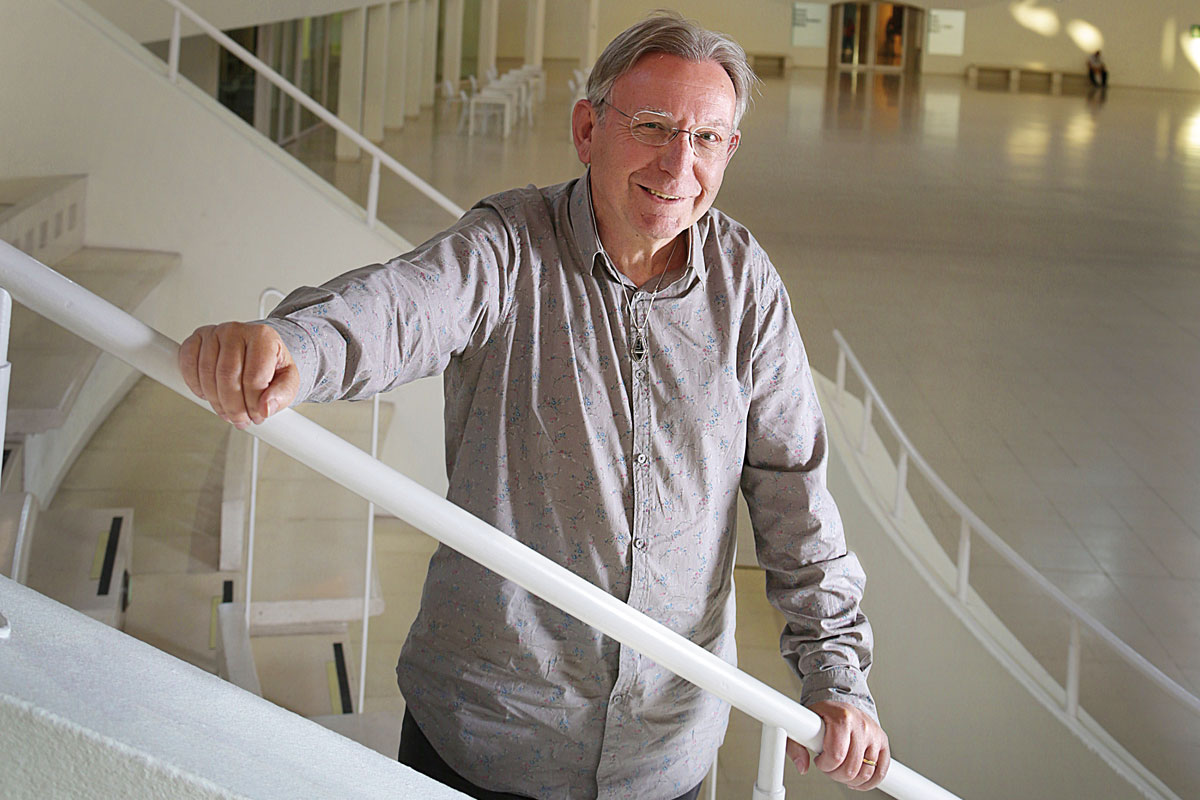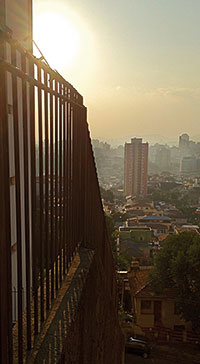Search
What can we learn from traditional societies? We might think that nothing, and we would be totally wrong. The World Until Yesterday (Viking Press, 2012), the latest book by the
Ancient Greece is the birthplace of western culture, in political organization and philosophy, mathematics or natural history. But even such popular stories as the legend of Saint George, who seems
Scientists are used to write, whether for the purposes of taking notes of our observations, experiments or intuitions (notes which are later on consulted and need to be decipherable by the
[caption id="attachment_14976" align="alignleft" width="200"] Education Unit of the Botanic Garden of the University of Valencia[/caption]Lotion: semi-solid emulsion for pharmaceutical or cosmetic application. This is our activity for this issue, a
Pumpkins are the most impressive of vegetables, due to their great variety and spectacularity. They come in all kinds of shapes and sizes. Besides, we can find almost every colour
According to the dictionary, vaccination is the administration of vaccines prepared with microbes (attenuated or dead), or parts of microbes, for prophylactic or therapeutic purposes. Vaccines provide specific and active
At least in villages,our great-grandparents lived almost as the Romans. To reach their standard of living, it took the whole history of civilized humanity.
We talked to Hans Peter Peters and Susanna Priest, researchers on science communication, about the breach between the two cultures.
Interview with Maxwell Boykoff
Economic restructuring in the media industry has eliminated many professional journalists’ jobs, reductions that may have been hardest on specialized journalists reporting areas like science, technology, economics, or international affairs.
Scientific journalism faces the challenge of adapting not only to new formats but also to new information exchange dynamics. New online platforms, making it easier to access and produce scientific content, are forcing science publics to evolve.
The present article reviews the panorama of science communication in France from the perspective of the monthly magazine La Recherche and other French media sources.
The relationship between scientists and journalists is better than its image would suggest. Scientists not only believe that public communication is a duty, but also that media visibility is beneficial.
Communicating science effectively and rigorously is still one of the many challenges facing scientists and researchers today. Indeed, in the current context it is more important than ever to involve society in the work undertaken at universities and research centres.
The landscape of Alzira, Carcaixent, La Pobla Larga and other neighboring towns of La Ribera is almost exclusively planted with orange groves now. But in many of them we can
It is true that the cycle of silk does not go, as happened for centuries, hand in hand with Mediterranean peoples. Currently, the production of silk is up to Asian
[caption id="attachment_14781" align="alignleft" width="200"] Guildhall Art Gallery (Londres)John Everett Millais. The Woodsman's Daughter, 1850-51. Oil on canvas, 64,7 x 88,9 cm. The author describes a countryside scene with a boy offering strawberries,
Journalist Carme Puche shares one of the many conversations she had with her father Carles Puche, scientific illustrator, about the importance of drawing science.
Few are those who reject interdisciplinary work, though few are also, interestingly, those who practice it. What is a discipline? It is a kind of knowledge, a way of understanding
The activity we present to you today will help you observe and realise the vast range of colours that exist in nature, and will also make you have a nice
In the previous issue of Mètode I wrote about the Mars One project, which intends to send 24 colonists to Mars. The conclusion was that it looked like a spectacular scam.

